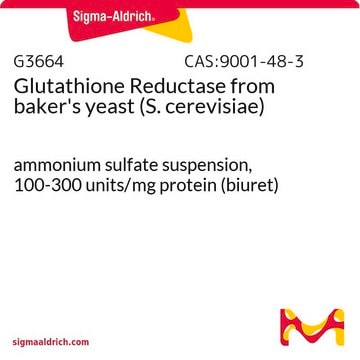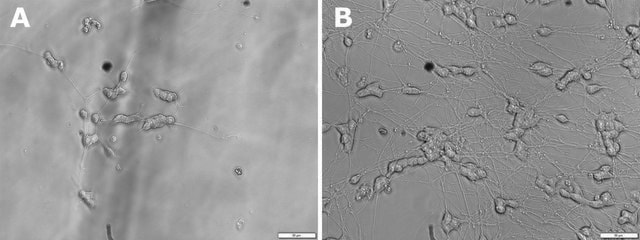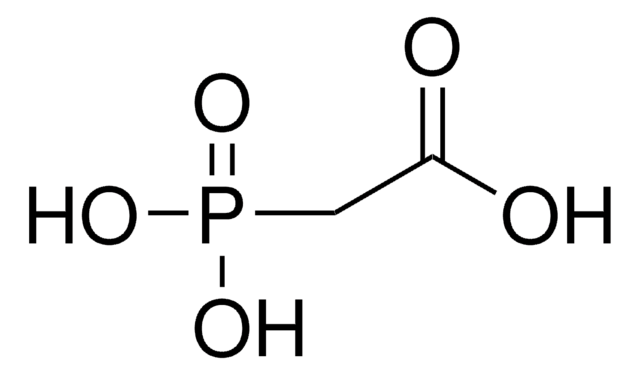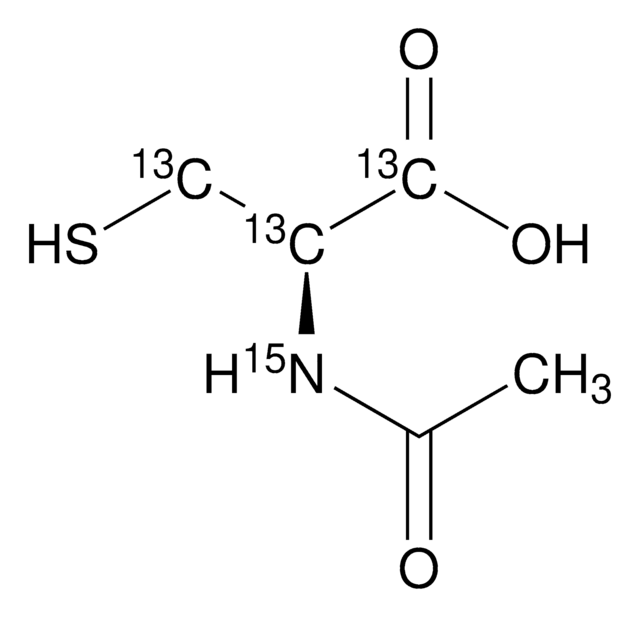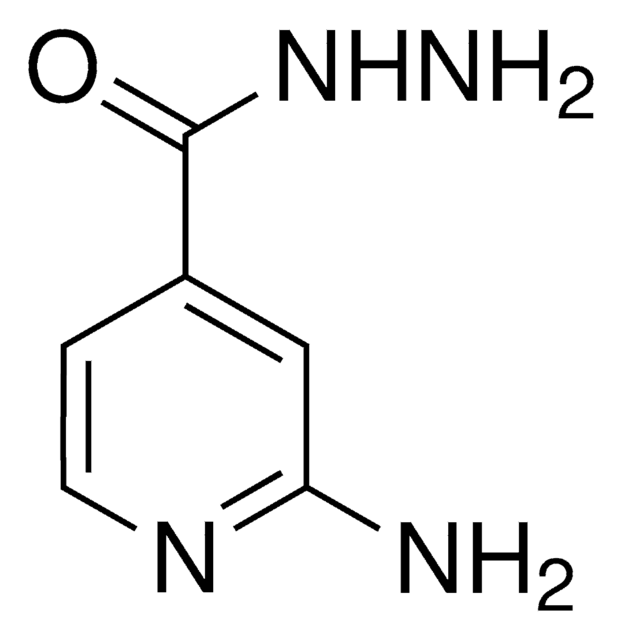G4626
L-Glutathione oxidized disodium salt
≥98%, suitable for HPLC
Synonym(s):
GSSG
About This Item
Recommended Products
Product Name
L-Glutathione oxidized disodium salt, ≥98%, powder
Quality Level
Assay
≥98%
form
powder
technique(s)
HPLC: suitable
impurities
ethanol, essentially free
color
white to off-white
storage temp.
−20°C
SMILES string
[Na+].[Na+].N[C@@H](CCC(=O)N[C@@H](CSSC[C@H](NC(=O)CC[C@H](N)C([O-])=O)C(=O)NCC(O)=O)C(=O)NCC([O-])=O)C(O)=O
InChI
1S/C20H32N6O12S2.2Na/c21-9(19(35)36)1-3-13(27)25-11(17(33)23-5-15(29)30)7-39-40-8-12(18(34)24-6-16(31)32)26-14(28)4-2-10(22)20(37)38;;/h9-12H,1-8,21-22H2,(H,23,33)(H,24,34)(H,25,27)(H,26,28)(H,29,30)(H,31,32)(H,35,36)(H,37,38);;/q;2*+1/p-2/t9-,10-,11-,12-;;/m0../s1
InChI key
DRFILBXQKYDTFW-JIWRMXRASA-L
Looking for similar products? Visit Product Comparison Guide
Amino Acid Sequence
Application
Biochem/physiol Actions
related product
Storage Class Code
11 - Combustible Solids
WGK
WGK 2
Flash Point(F)
Not applicable
Flash Point(C)
Not applicable
Personal Protective Equipment
Regulatory Listings
Regulatory Listings are mainly provided for chemical products. Only limited information can be provided here for non-chemical products. No entry means none of the components are listed. It is the user’s obligation to ensure the safe and legal use of the product.
JAN Code
G4626-100MG:
G4626-250MG:
G4626-1G:
G4626-5G:
G4626-500MG:
2530126:
G4626-CP:
G4626PROC:
G4626-EW:
G4626-BULK:
G4626-VAR:
Choose from one of the most recent versions:
Certificates of Analysis (COA)
Don't see the Right Version?
If you require a particular version, you can look up a specific certificate by the Lot or Batch number.
Already Own This Product?
Find documentation for the products that you have recently purchased in the Document Library.
Customers Also Viewed
Our team of scientists has experience in all areas of research including Life Science, Material Science, Chemical Synthesis, Chromatography, Analytical and many others.
Contact Technical Service

